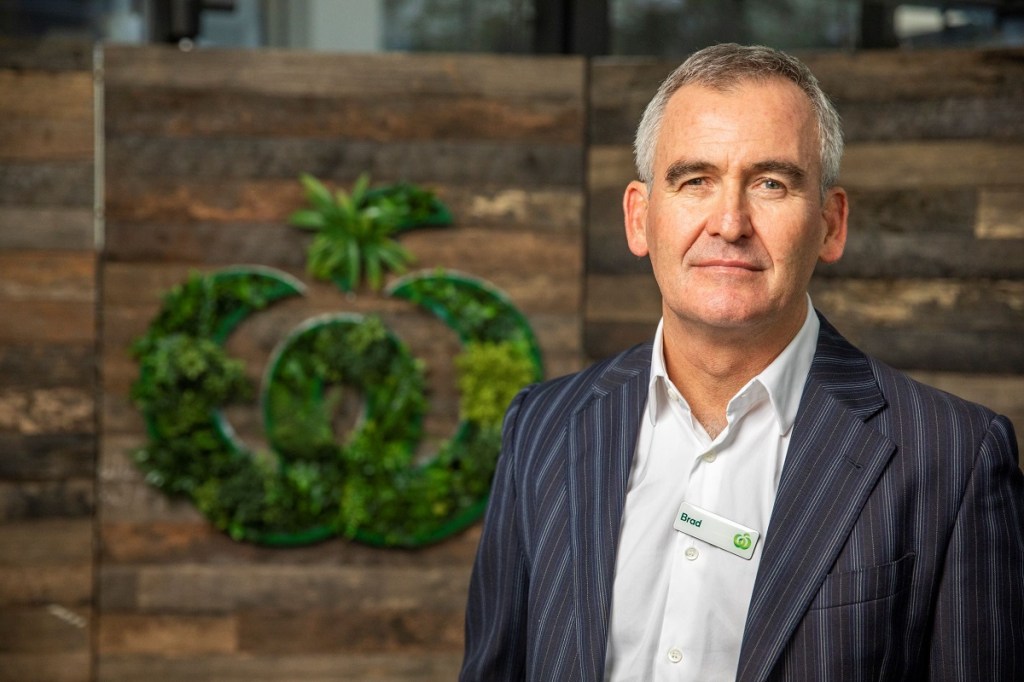Woolworths has recorded an increase of 2.8 per cent in total group sales to $16.8 billion but has recognised a “noticeable shift” in customer sentiment.
Woolworths Food Retail total sales increased 1.3 per cent in its third quarter update (2.5 per cent excluding tobacco) to $12.4 billion, while Woolworths Metro Stores (store-originated) sales increased 2.6 per cent to $397 million.
Brad Banducci, CEO of Woolworths Group, said it was a challenging quarter across the Group with a noticeable shift in customer sentiment and shopping behaviours since Christmas.
“Consumer sentiment in Australia and New Zealand has been weak for some time. However, since Christmas we have seen a noticeable change in consumer behaviour as customers have adjusted their budgets and spending following the holiday period which is consistent with Ipsos data which showed that the gap between cost-of-living concerns and other concerns continues to widen.
“Customers are looking for more ways to save, are cross-shopping more, buying more own brand and buying more product on promotion.”
Banducci said that customer metrics and sales growth across the Group have been impacted but encouragingly unit volumes and customer metrics improved as the quarter progressed and he expects more stable trading in Q4.
The supermarket giant said it also experienced deflation in its average food prices, down 0.2 per cent, compared to an increase of 5.8 per cent in Q3 F23.
“Importantly, food inflation has continued to moderate materially in Australia and New Zealand and in Q3 average prices were largely flat compared to the prior year. While not directly comparable due to methodology differences, our measure of food inflation is now below food consumer price inflation in both Australia and New Zealand.”
Banducci explained that customer segments in Australian Food are reporting an increase in concerns around ‘making ends meet’ despite the recent moderation in inflation.
“Customer segments that are most exposed to the increase in housing costs (families with a mortgage or young singles, couples or families that are renters) report the highest levels of concern,” said Banducci.
To stay up to date on the latest industry headlines, sign up to the C&I e-newsletter.

